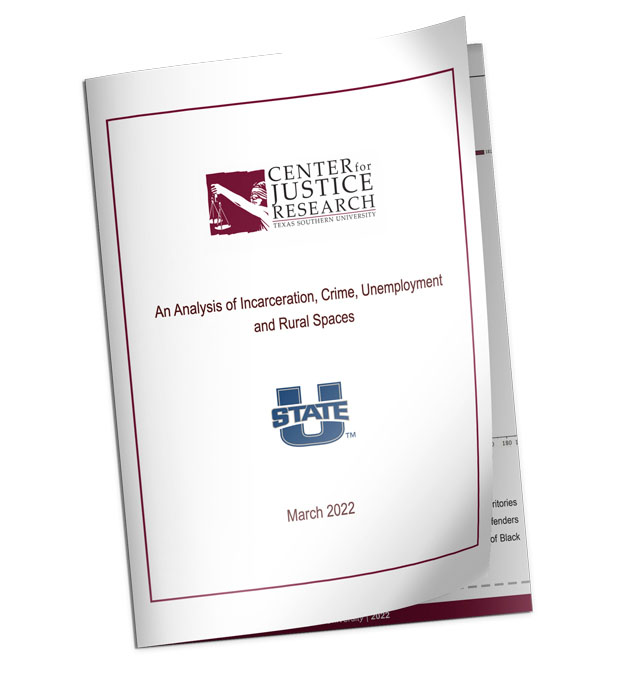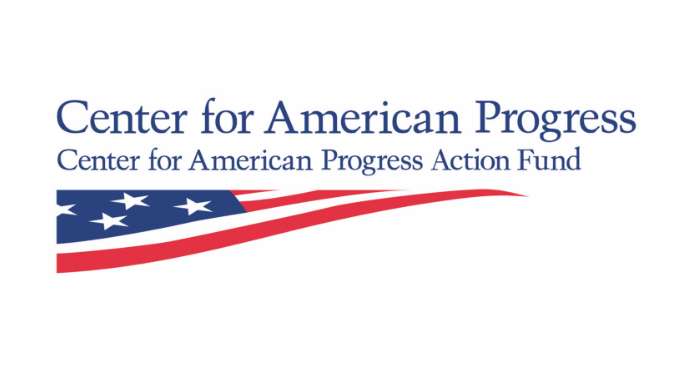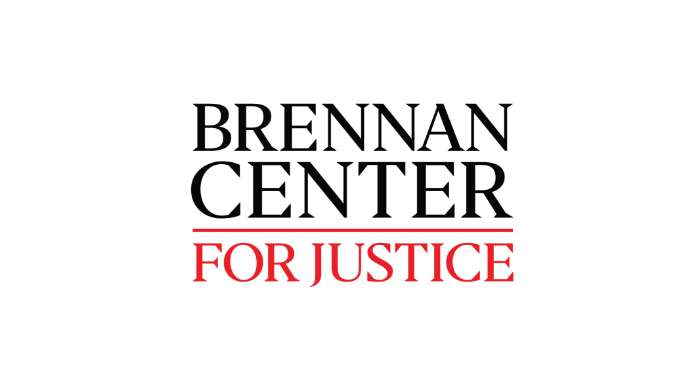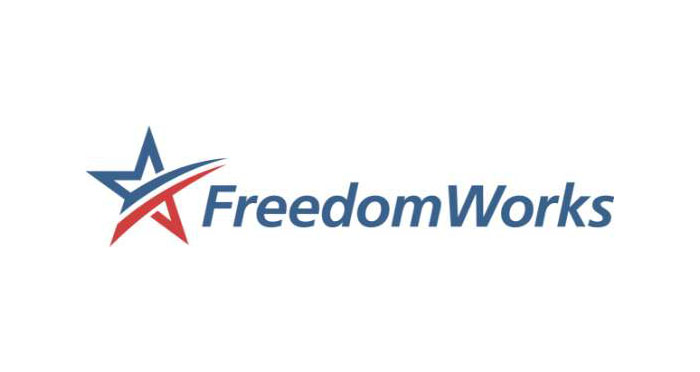Joint Study Shows Unemployment Drives Recidivism
Joint Study Shows Unemployment Drives Recidivism
Criminal justice reform issues are often discussed concerning the needed impact on inner-city populations. However rural areas of the nation, often represented by conservative members of Congress, are also profoundly impacted by a system that prevents rehabilitated offenders from gaining jobs, education and housing.

The Issue
The Issue
Thousands of ex-offenders are released every month across the United States. They are mothers, fathers, sons and daughters who have made mistakes, paid their debts to society and are ready to begin anew. Yet most find themselves locked out of opportunity to find employment, get housing or gain an education due to background checks.
The current system for federal offenders turns a prior offense into a life sentence and prohibits them from gaining a foothold in society. Surveys have shown that only 12.5% of employers are willing to hire an ex-offender and the results bear that out—51% of ex-offenders are unable to find work within a year of their release. Unable to move on and build a new life, many lose hope and turn to substance abuse and eventually a return to crime and jail.
1 in 3
Americans have a criminal record
Any criminal record—even an arrest that never led to conviction —can be a lifelong barrier to opportunity.
9 in 10
Employers use background checks
Applicants with a record are nearly half as likely to get a callback or a job offer.
$87 Billion
In lost GDP every year
Shutting people with records out of the labor market takes a huge toll on the U.S. economy.
The Solution
The Solution
The Clean Slate Act is an opportunity to give Americans a second chance at fully participating in society.
• Automatically seals an individual’s federal criminal record for simple drug possession one year after successfully completing his or her sentence.
• Automatically seals arrest records and other related records for individuals who have been acquitted, exonerated or never had charges filed against them.
• Establishes new procedures to allow individuals to petition to seal records for nonviolent offenses that are not automatically sealed.
• Permits law enforcement to access sealed records for public safety reasons, such as investigatory purposes and background checks for firearms.
•Protects employers from liability for any claim arising out of the misconduct of an employee if the misconduct relates to a sealed criminal record.







